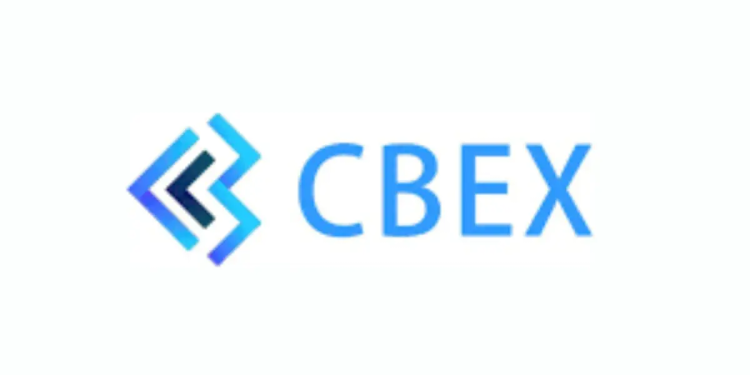CBEX, a digital asset trading platform that promised 100% returns in 30 days, collapsed, leaving thousands of Nigerians unable to access their funds. What started as a fast-growing investment trend quickly turned into a widespread financial disaster. There are several reports of lost savings, looted offices, and emotional breakdowns flooding social media.
CBEX claimed to use AI for trading and misled users with fake profitability charts, physical office setups, and connections to a legitimate Chinese institution, the China Beijing Equity Exchange. These claims were false. CBEX’s model was pure Ponzi: new investors’ funds were used to pay older ones. Some users said they had to recruit at least 12 people to access any profits, and there were 40–45 day lock-in periods before withdrawal which was later extended indefinitely.
By April 15, the collapse became undeniable. Angry investors ransacked CBEX offices in Ibadan and Lagos. Telegram groups went silent, and desperate users were asked to pay “verification fees” to unlock phantom funds. This was just an obvious attempt to extract more money from victims.
According to TechCabal one admin in a Telegram group claimed to have lost $81,430. Meanwhile, experts linked the platform to a USDT wallet holding over $773 million. Though the wallet’s connection to CBEX is unconfirmed, it has sparked more suspicion.
In response, the Securities and Exchange Commission (SEC) issued a strong warning. Without naming CBEX, SEC Director General Emomotimi Agama said, “If a platform is not registered with the SEC, it is illegal.” Under the new Investment and Securities Act (2025), Ponzi scheme operators face up to 10 years in jail and ₦40 million in fines.
CBEX is the latest in Nigeria’s long history of Ponzi schemes. From MMM to Racksterli, these scams thrive on economic desperation and poor financial education. This latest scheme is sure to leave a lasting impression on Nigerians.

























































